Comprehensive Guide To Must-Play Final Fantasy Games
Why is Final Fantasy so iconic? Since 1987, Final Fantasy has redefined the RPG genre with its storytelling, characters, and gameplay. In this guide, we will delve into the must-play titles that have made Final Fantasy a beloved series for gamers worldwide.
Key Takeaways
- Final Fantasy has evolved from its 8-bit beginnings to modern action RPGs, continuously innovating in storytelling and gameplay mechanics!
- Iconic characters like Cloud Strife and Sephiroth shape unforgettable narratives, while strong supporting casts enhance emotional depth and engagement.
- The series embraces accessibility and quality of life features, ensuring that Final Fantasy remains enjoyable for both veterans and new players alike!
Disclaimer: The links provided herein are affiliate links. If you choose to use them, I may earn a commission from the platform owner, at no extra cost to you. This helps support my work and allows me to continue to provide valuable content. Thank you!
The Evolution of the Mainline Final Fantasy Series
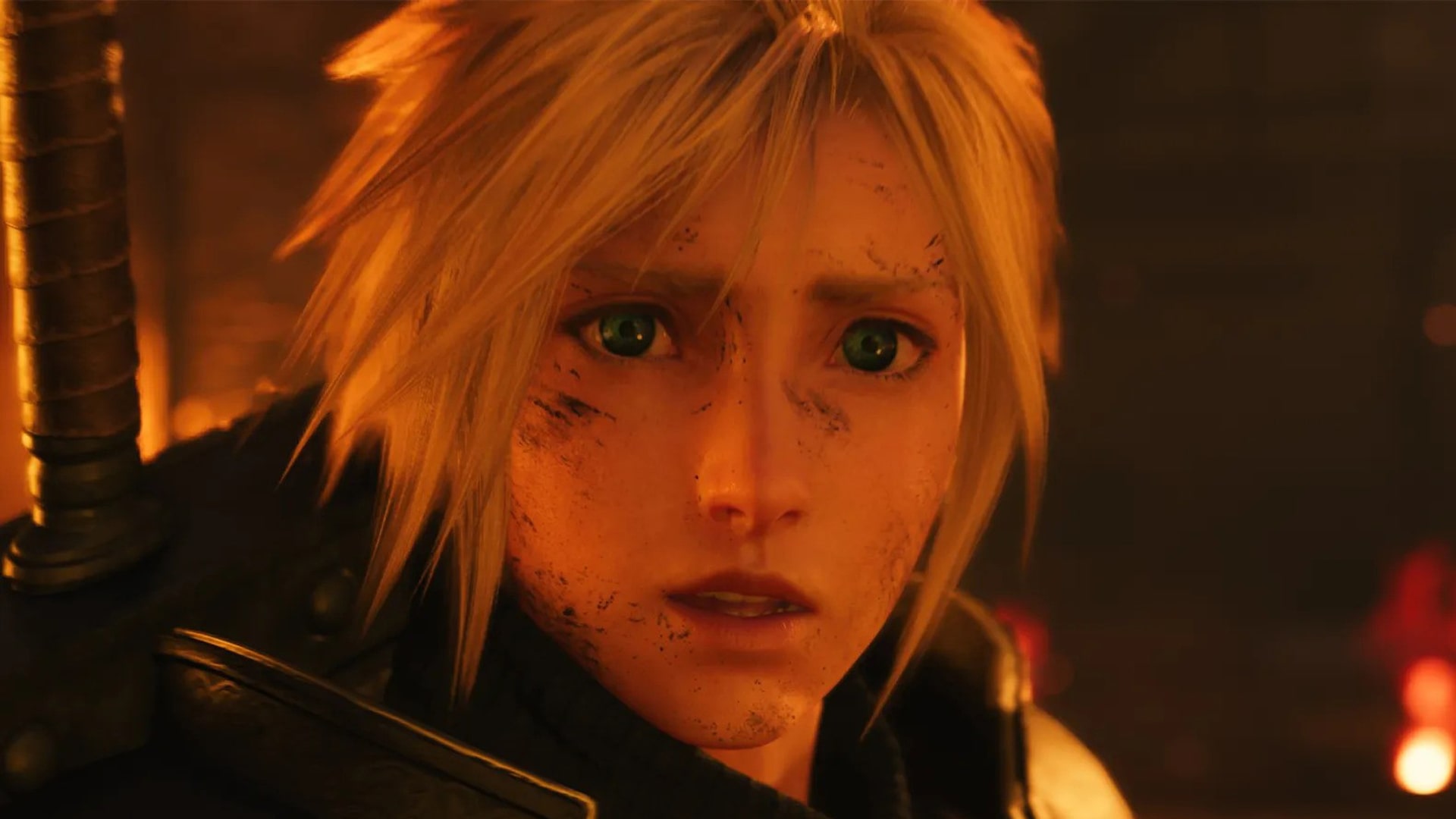
The Final Fantasy series has been a cornerstone of the RPG genre since its inception in 1987, with 16 mainline final fantasy series entries that have continuously pushed the boundaries of storytelling and gameplay. From the original 8-bit adventure with turn-based combat to fully fledged action RPGs, Final Fantasy has evolved significantly, introducing groundbreaking innovations and captivating narratives that have stood the test of time. The narrative often involves characters on a mission to free mankind from various threats, highlighting heroic journeys to liberate humanity from predetermined destinies while leveraging unique powers to navigate challenges.
The Original Game
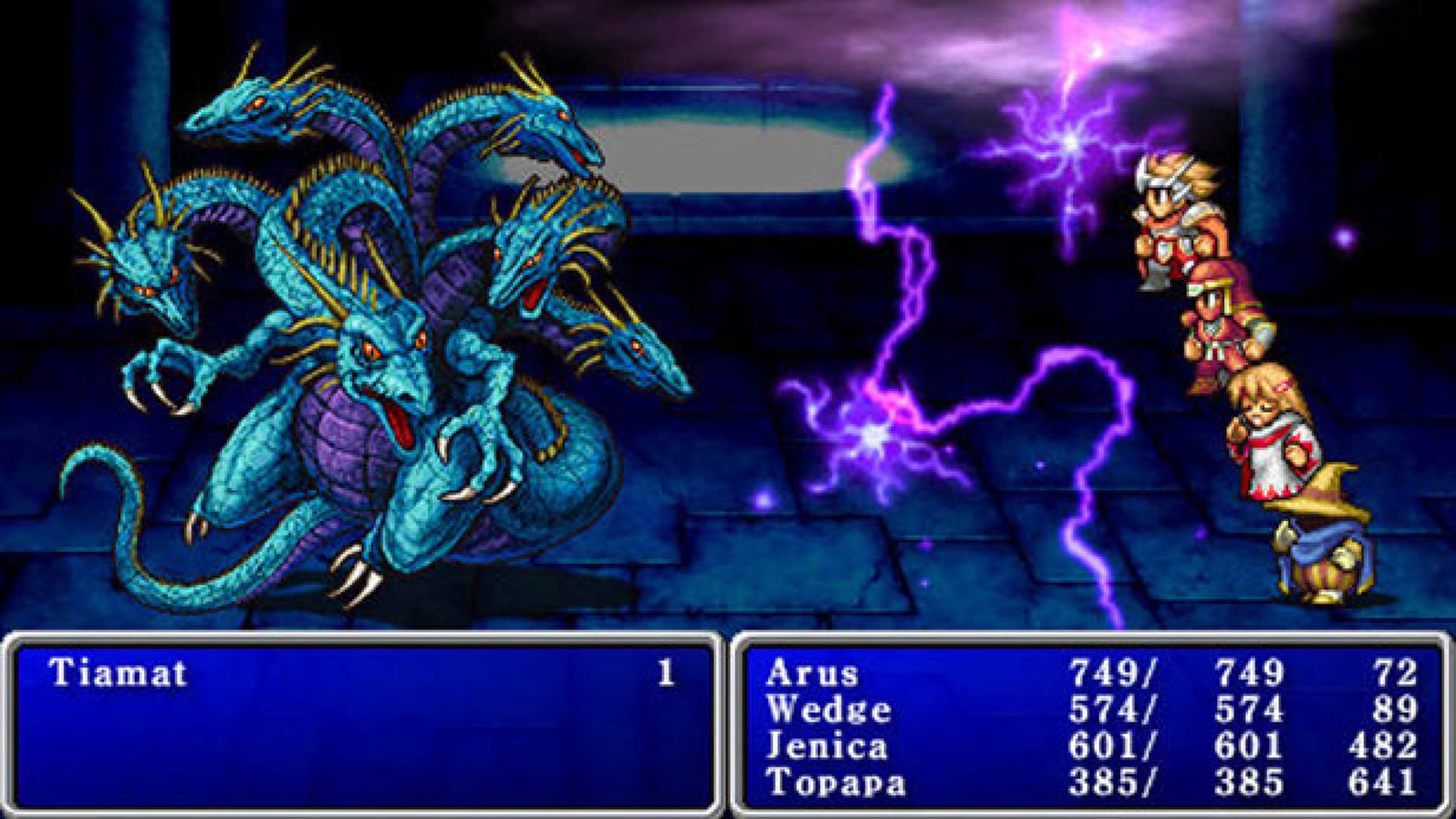
The original Final Fantasy first game, released in Japan on December 18, 1987, laid the foundation for what would become a legendary series. In this game, players took on the role of the Warriors of Light, tasked with restoring the power of the Crystals to save their world from darkness. The game introduced key RPG concepts such as class switching and airship travel, which were revolutionary at the time.
The original game was a hit, inspiring remakes and ports to various platforms like PlayStation and Xbox, ensuring that new generations of players could experience its magic. Despite its age, the core gameplay mechanics and the epic tale of heroism continue to resonate with fans, proving that great storytelling and innovative design never go out of style, much like the original version.
Major Milestones
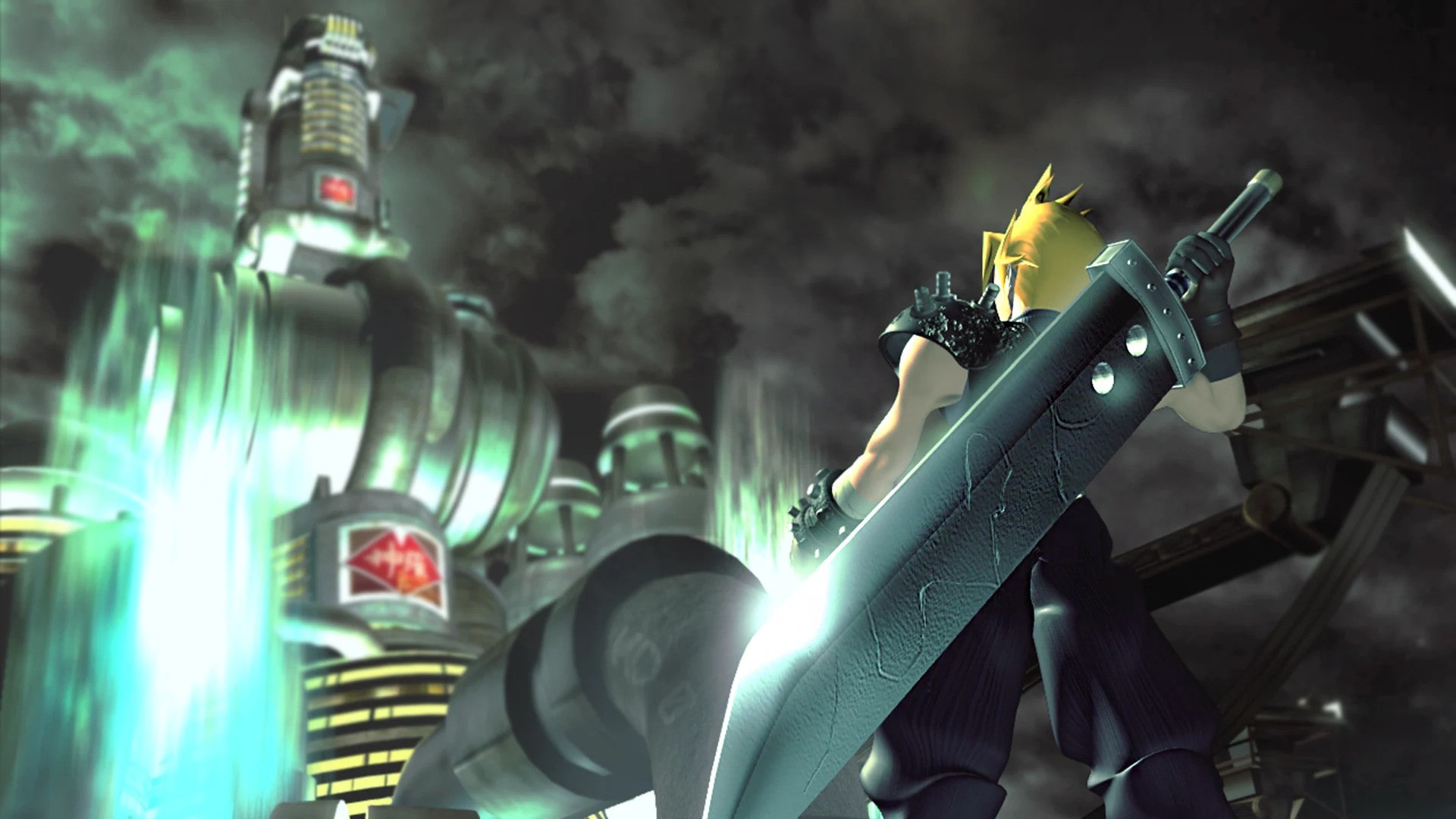
Final Fantasy VII, released in 1997, was a game-changer for the series and the RPG genre as a whole. Its use of 3D graphics and full-motion video set a new standard, offering a more immersive and cinematic experience than any previous RPG. The game’s narrative depth and complex characters, like the iconic Cloud Strife, earned it critical acclaim and a place in gaming history. Throughout their journey, the characters face numerous challenges and enemies lay in their path, emphasizing the confrontational aspects of the narrative.
Another major milestone was the relaunch of Final Fantasy XIV as A Realm Reborn. Initially troubled by poor reviews, Square Enix took the unprecedented step of overhauling the game entirely, demonstrating their commitment to community feedback and continuous improvement. This bold move not only saved the game but also turned it into one of the most beloved MMOs of all time.
Modern Era
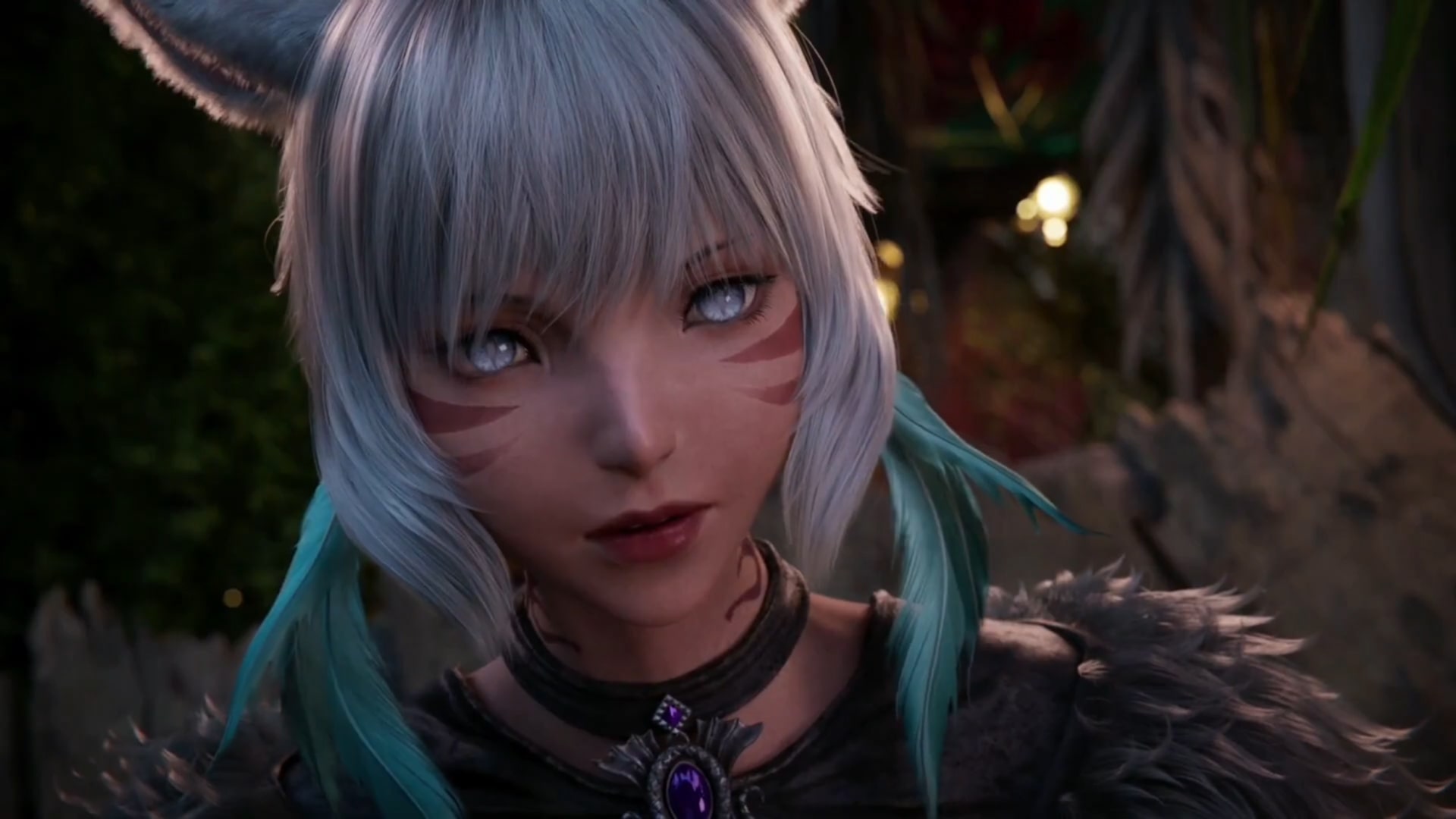
In recent years, the Final Fantasy series has embraced modern gaming trends with titles like Final Fantasy XV and XVI. Final Fantasy XV introduced an open-world design, allowing players to explore vast landscapes and engage in dynamic gameplay. Meanwhile, Final Fantasy XVI, with its fully fledged action RPG mechanics, marks a significant shift in the series, blending real-time combat with intricate storytelling. The game features various powerful swordplay techniques and Eikonic abilities lie at the heart of the gameplay, emphasizing the player’s choice in learning and upgrading these abilities.
The characters in these modern entries are complex and multi-dimensional, with stories that delve deep into themes of loyalty, betrayal, and the human condition. Villains like Benedikta Harman and Anabella Rosfield add layers of political intrigue and personal vendetta, enriching the narrative.
With such compelling narratives and cutting-edge gameplay, the modern era of Final Fantasy continues to captivate players around the world.
Iconic Characters and Their Journeys
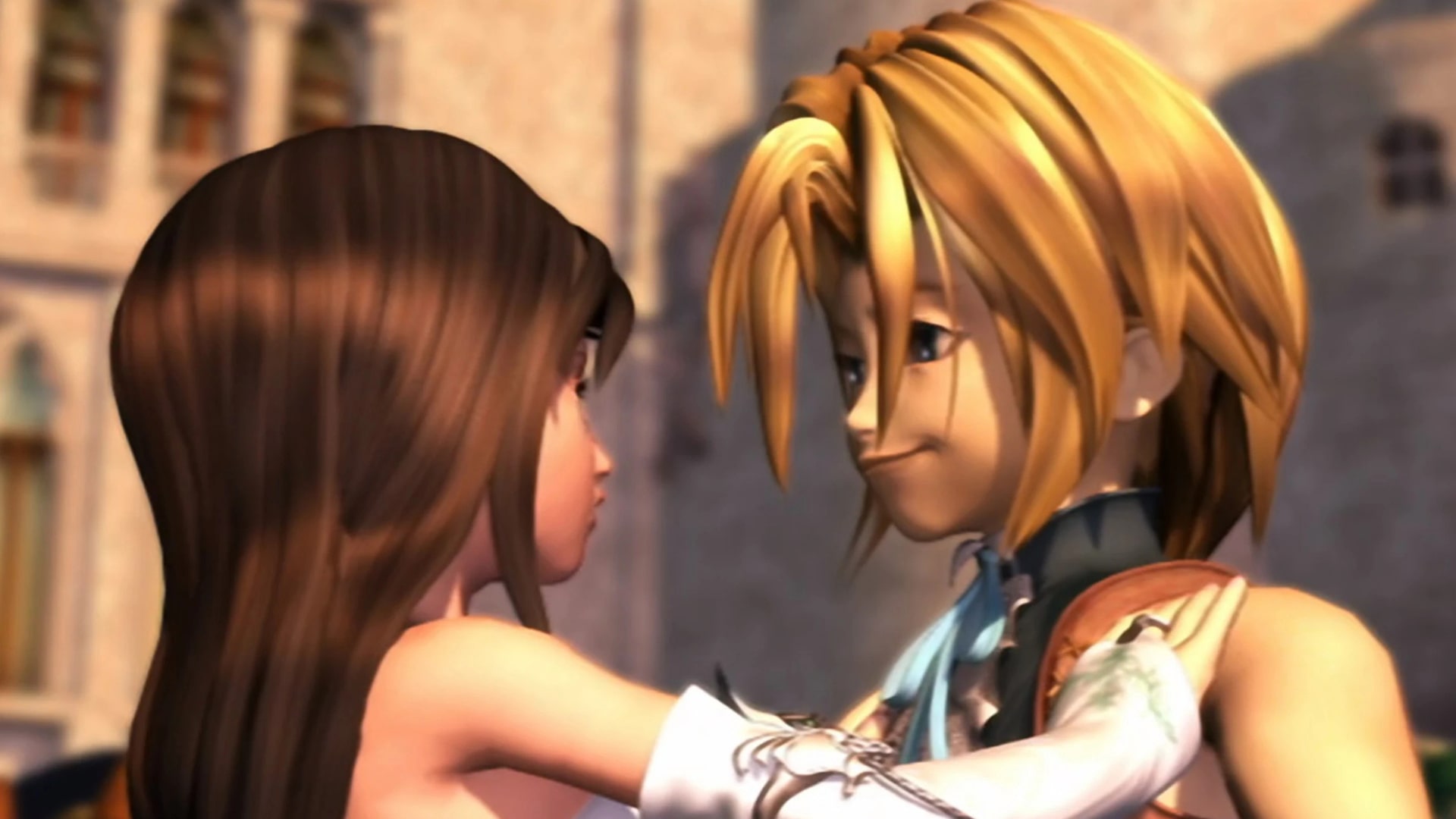
The heart of any great Final Fantasy game lies in its character-driven narrative. Over the years, we’ve met a plethora of heroes, villains, and supporting cast members whose journeys have left an indelible mark on the series. These characters’ arcs, filled with personal quests and dramatic turns, are essential in creating the deep, memorable stories that resonate with players.
Heroes and Heroines
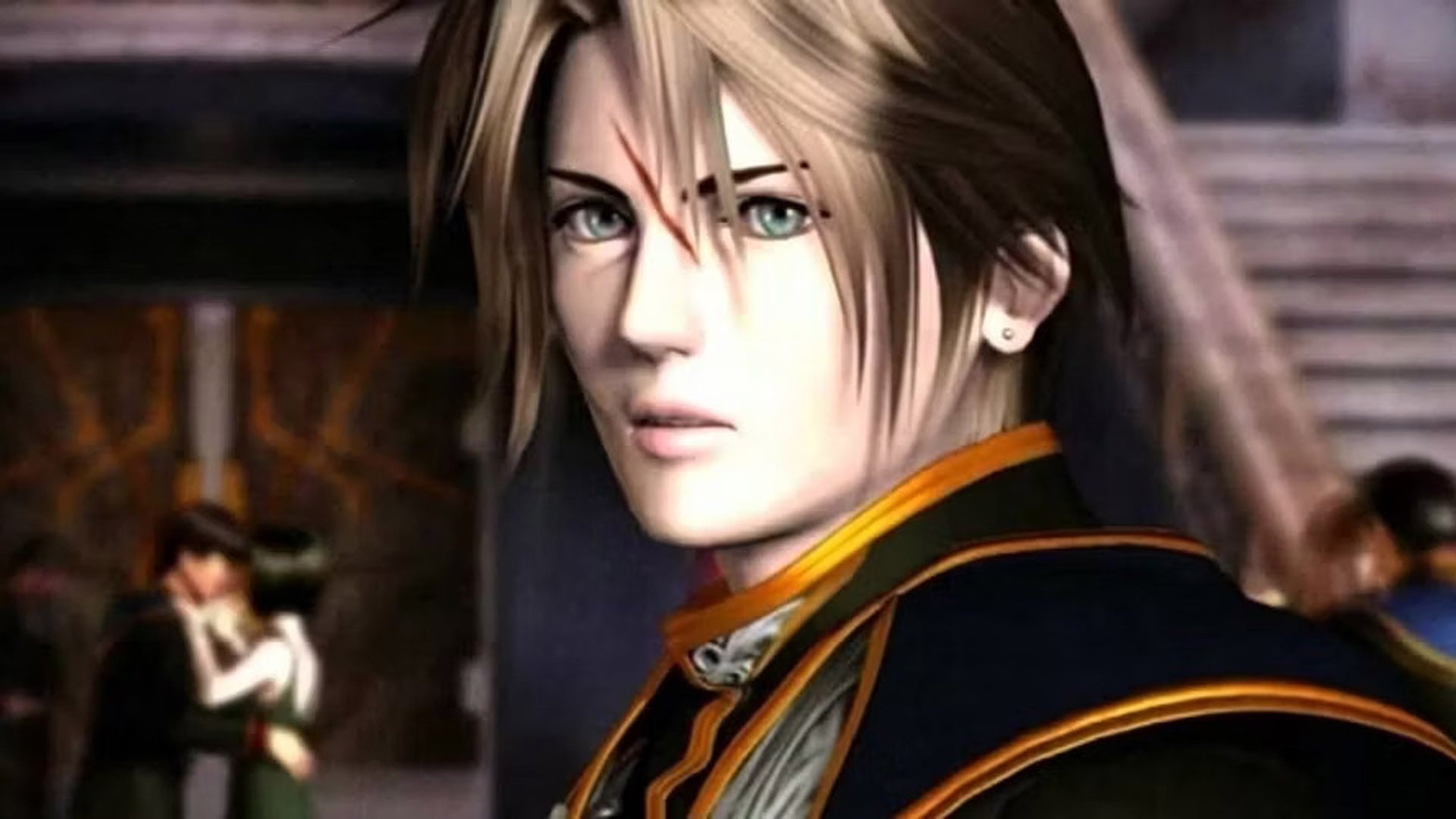
The protagonists of the Final Fantasy series are often reluctant heroes thrust into epic quests. Characters like Cloud Strife from Final Fantasy VII and Terra Branford from Final Fantasy VI exemplify this archetype, each facing monumental challenges that test their resolve and lead to profound personal growth. These heroes often start as ordinary individuals but grow into legendary figures through their trials and sacrifices.
These character journeys are not just about saving the world but also about overcoming personal struggles. Protagonists in the series often deal with themes of sacrifice and redemption, making their stories deeply emotional and relatable. Their battles against formidable enemies and inner demons resonate with players, making these heroes unforgettable.
Villains and Antagonists
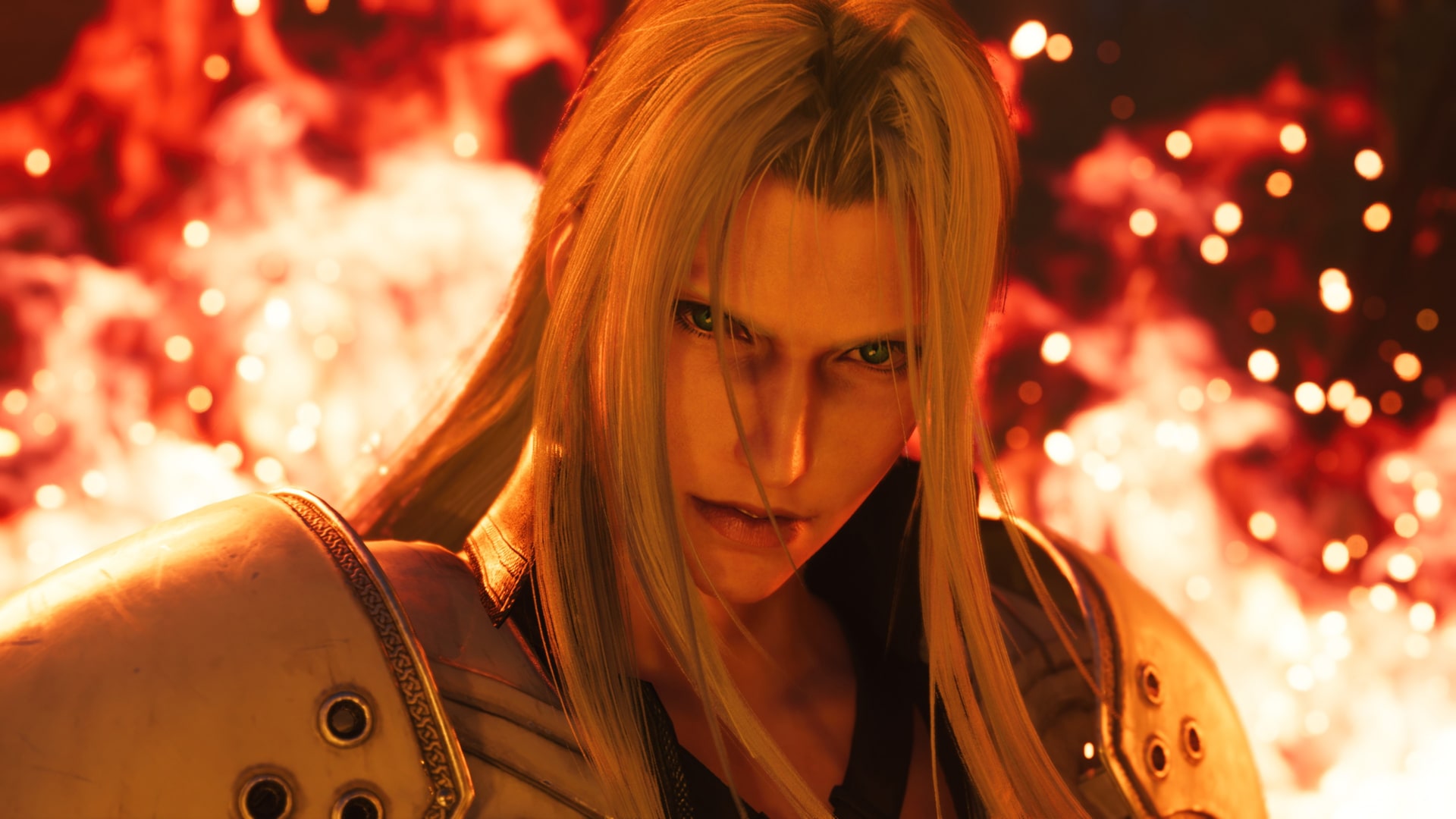
No great hero is complete without a formidable villain. The Final Fantasy series boasts some of the most complex antagonists in gaming history. Sephiroth from Final Fantasy VII, with his tragic backstory and emotional trauma, stands out as one of the most iconic villains. His motivations and actions are deeply rooted in his past, making him a compelling and multi-dimensional character.
Similarly, Kefka from Final Fantasy VI is driven by deep psychological issues, presenting a chaotic and nihilistic threat to the world. These villains are not just obstacles for the heroes to overcome; they are integral to the narrative, adding richness and depth to the storylines. Their complex motivations and emotional layers make them some of the most memorable characters in the series.
Supporting Cast
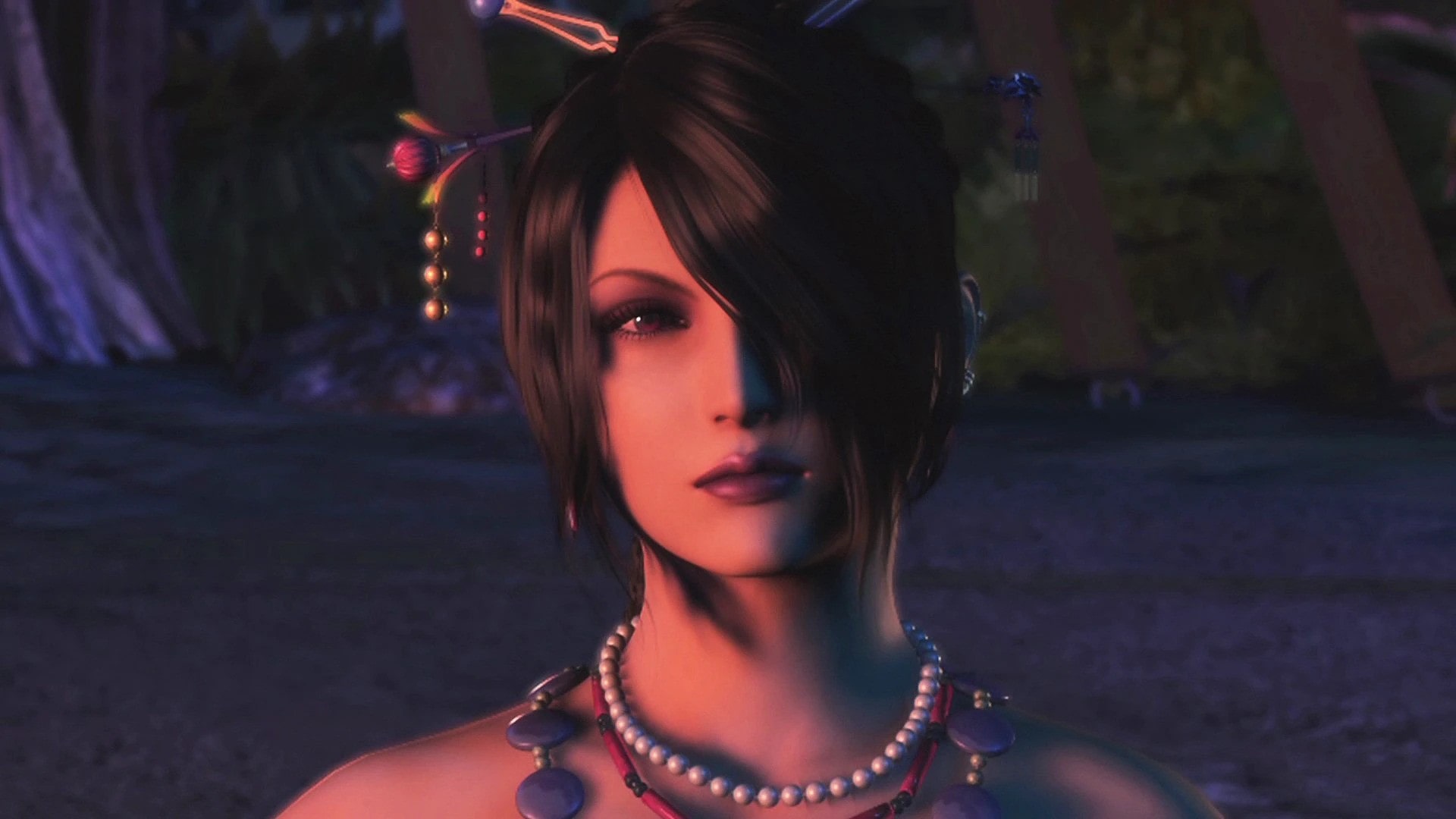
While the heroes and villains take center stage, the supporting cast in Final Fantasy games plays a crucial role in enriching the narrative. Characters like Cidolfus Telamon and Jill Warrick in Final Fantasy XVI provide essential support to the main storyline, adding emotional depth and complexity. These side characters often have their own arcs and relationships that enhance the player’s connection to the story.
The interactions between the protagonists and the supporting cast create a more immersive and impactful narrative. These characters bring additional layers to the story, making the world feel more alive and dynamic. Whether providing comic relief, emotional support, or critical plot developments, the supporting cast is indispensable in crafting the rich storytelling experience that defines the Final Fantasy series.
Gameplay Mechanics and Innovations

The gameplay mechanics of Final Fantasy have evolved significantly over the years, starting with the strategic turn-based combat of the early games and progressing to the action-packed real-time battles of the modern era. Each title offers a unique gameplay experience that captivates players by introducing various innovations that have kept the series fresh and exciting.
Turn-Based Combat
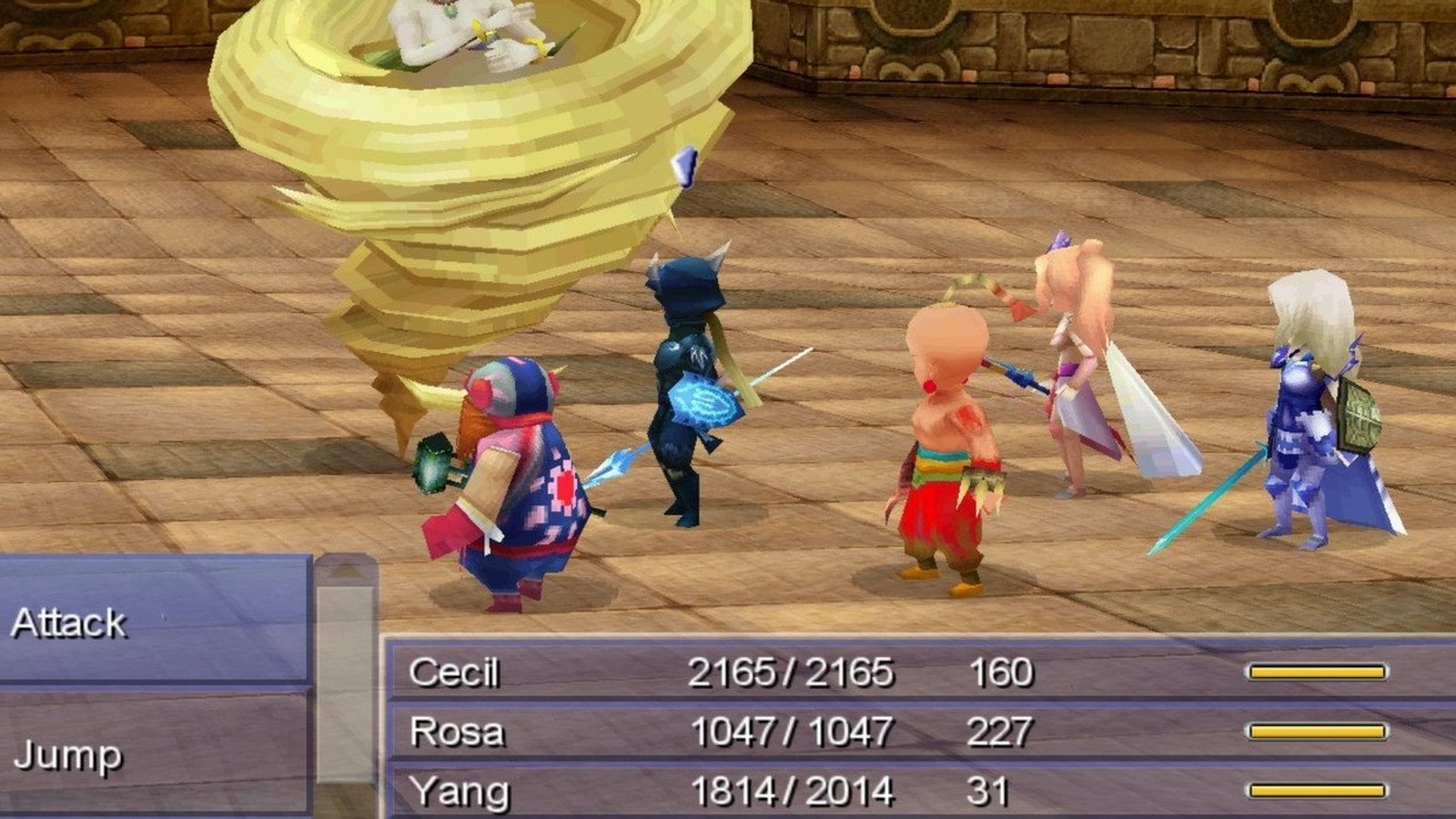
The early Final Fantasy titles, such as the original game and Final Fantasy IV, utilized a turn-based combat system that allowed players to strategize their moves carefully with fights triggered by random encounters. This system was enhanced with the introduction of the ‘Active Time Battle’ system in Final Fantasy IV, which added a sense of urgency to battles and required players to think on their feet.
These strategic elements were a hallmark of the series’ early gameplay, offering a deep and engaging experience.
Action RPG Elements
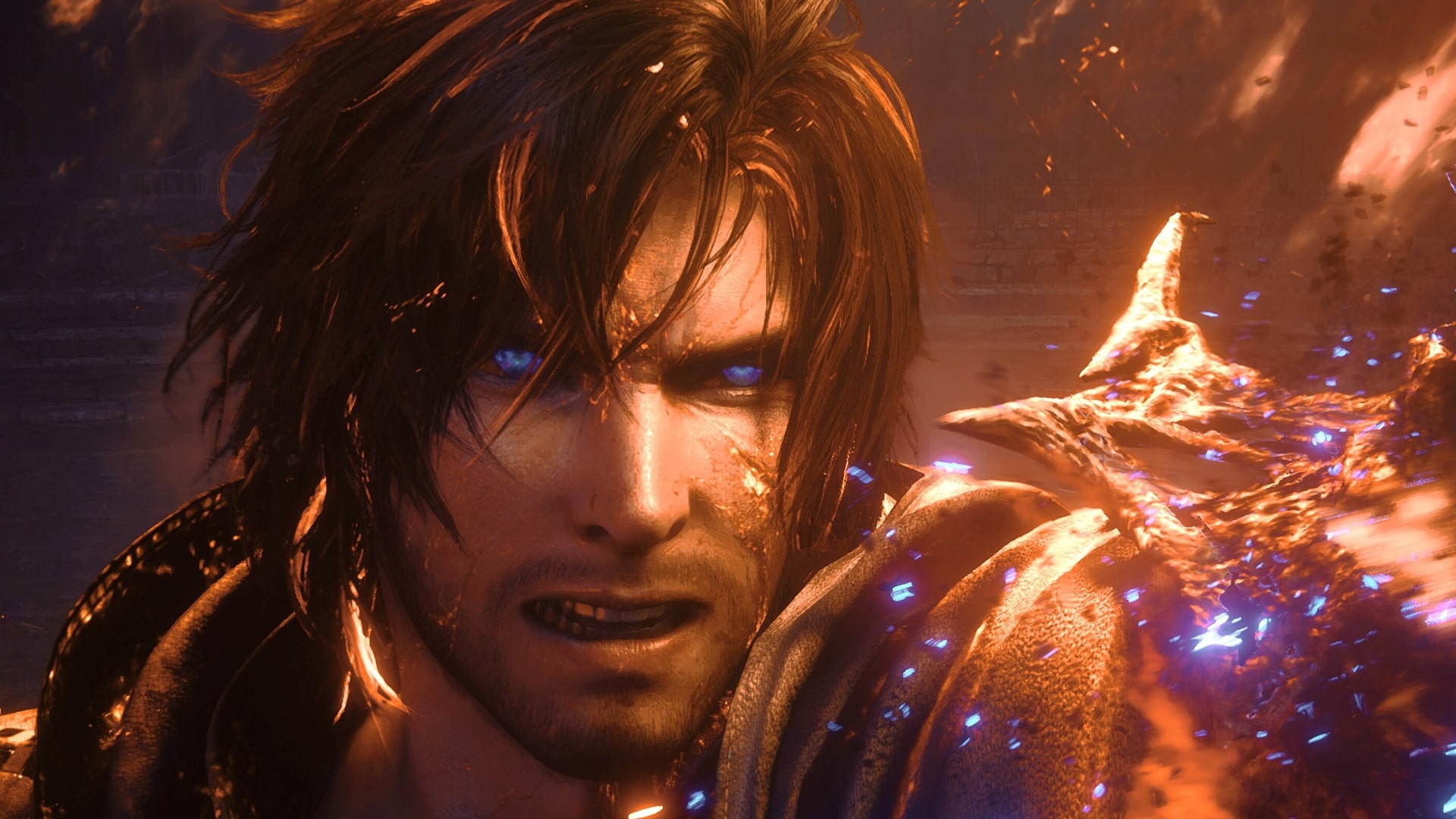
In recent years, the Final Fantasy series has shifted towards action RPG mechanics, reflecting modern gaming trends. Final Fantasy XVI, for instance, features real-time combat that allows players to perform powerful swordplay techniques and exploit enemy weaknesses in dynamic battles. This shift marks a significant departure from the traditional turn-based systems, showcasing the series’ ability to adapt and innovate.
The integration of action-oriented mechanics has not only appealed to seasoned action gamers but also brought a fresh energy to the series. The evolution from turn-based to action-focused systems highlights how Final Fantasy continues to push the boundaries of gameplay, ensuring that each new entry offers something new and exciting for players to enjoy.
Eikonic Abilities and Magic
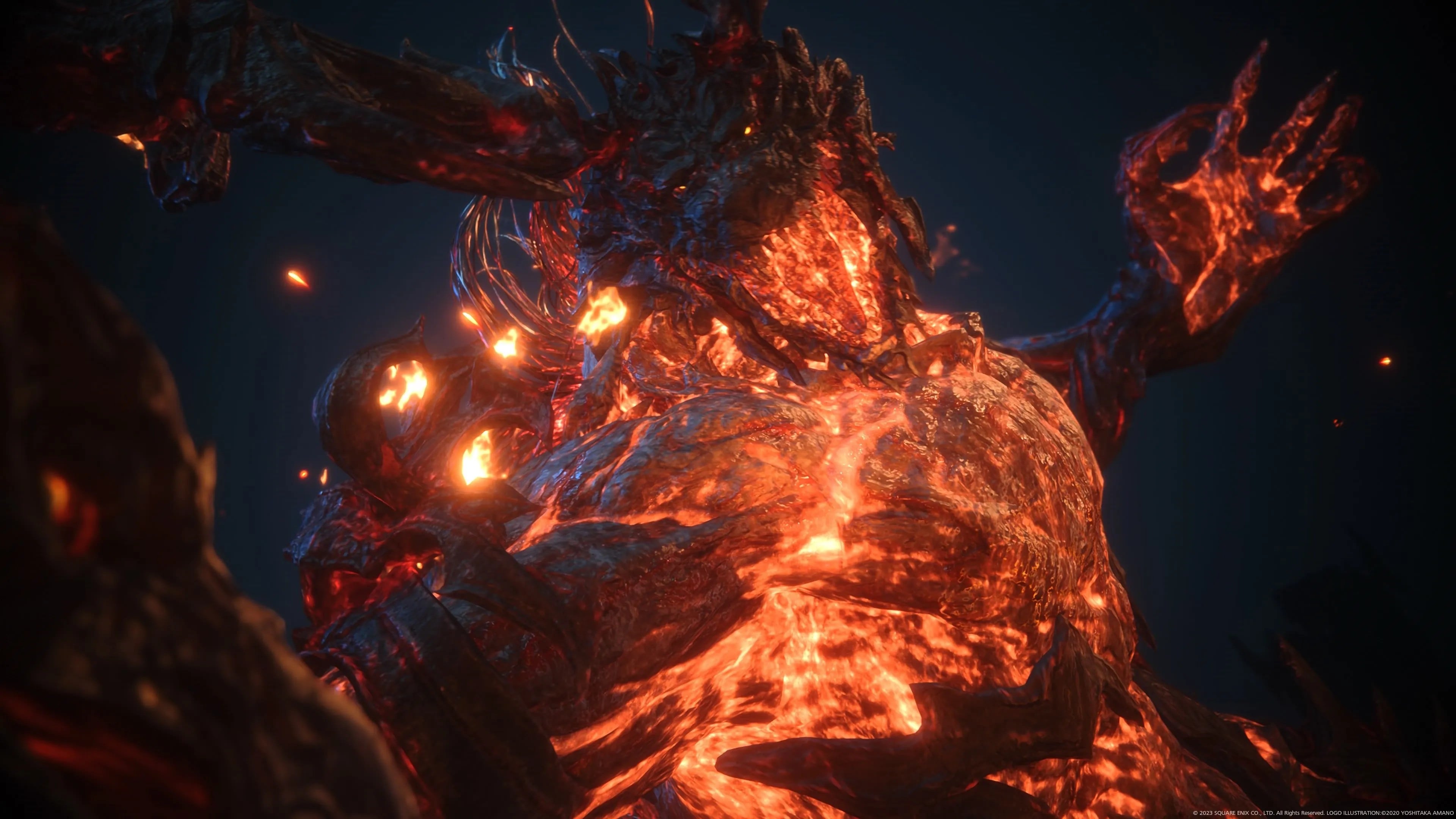
One of the standout features of Final Fantasy XVI is the incorporation of Eikonic abilities, which allow players to harness the powers of mythical creatures in combat. These abilities enable players to perform flashy, real-time attacks that enhance the cinematic experience and add strategic depth to battles. The use of Eikonic powers reflects the series’ blend of traditional RPG elements with modern action gameplay.
Magic has always been a cornerstone of the Final Fantasy series, and recent titles continue to innovate in this area. The Eikonic abilities in Final Fantasy XVI, for example, allow players to exploit enemy weaknesses effectively, making combat more engaging and dynamic.
By merging magical and action elements, the series ensures that combat remains fresh and exhilarating for players.
Visuals and Soundtracks
The visuals and soundtracks of Final Fantasy games are integral to their immersive experience, with the art style and logo illustration playing a crucial role in defining the series' visual identity. The series is renowned for its stunning graphics and memorable music, which together create a rich and captivating world for players to explore.
Graphics Evolution
The evolution of graphics in the Final Fantasy series is nothing short of remarkable. From the pixel art of the original game to the high-definition visuals of modern entries, the series has consistently pushed the boundaries of graphical technology. Final Fantasy XVI, in particular, showcases a beautiful blend of real-world inspirations and fantasy elements, creating a dark yet stunning visual aesthetic.
Remastered versions of classic games have also received significant graphical upgrades, including full widescreen support and enhanced 2D pixel graphics. These updates not only preserve the charm of the original versions but also bring them up to modern standards, allowing new players to experience the magic of Final Fantasy in all its visual glory.
Iconic Soundtracks
The music of Final Fantasy is legendary, with compositions by Nobuo Uematsu playing a crucial role in defining the series’ emotional and atmospheric depth. Players can choose between original and remastered music in the Pixel Remasters, ensuring that the iconic soundtracks continue to enchant new and old fans alike.
The memorable scores enhance the narrative and make key moments even more impactful.
Art Style and Design
The art style and design of Final Fantasy games are crucial in defining their unique identity. Each entry in the series boasts a distinct visual style that sets it apart from other games, with intricate character designs and detailed environments that draw players into their fantastical worlds. The logo illustration of Final Fantasy games often reflects their themes and settings, showcasing intricate designs that capture players’ attention.
Remastered versions of classic titles, such as those in the FINAL FANTASY I-VI Bundle, feature updated 2D pixel graphics and modernized UI, enhancing the visual experience while preserving the original charm. Extras like a bestiary, illustration gallery, and music player further enrich these versions, providing fans with a comprehensive and immersive experience.
Accessibility and Quality of Life Features
Final Fantasy games have continuously improved accessibility and quality of life features, including quick saves, to ensure that they cater to a wide range of players. These enhancements make the games more inclusive and enjoyable, allowing everyone to experience the magic of Final Fantasy.
Remakes and Remasters
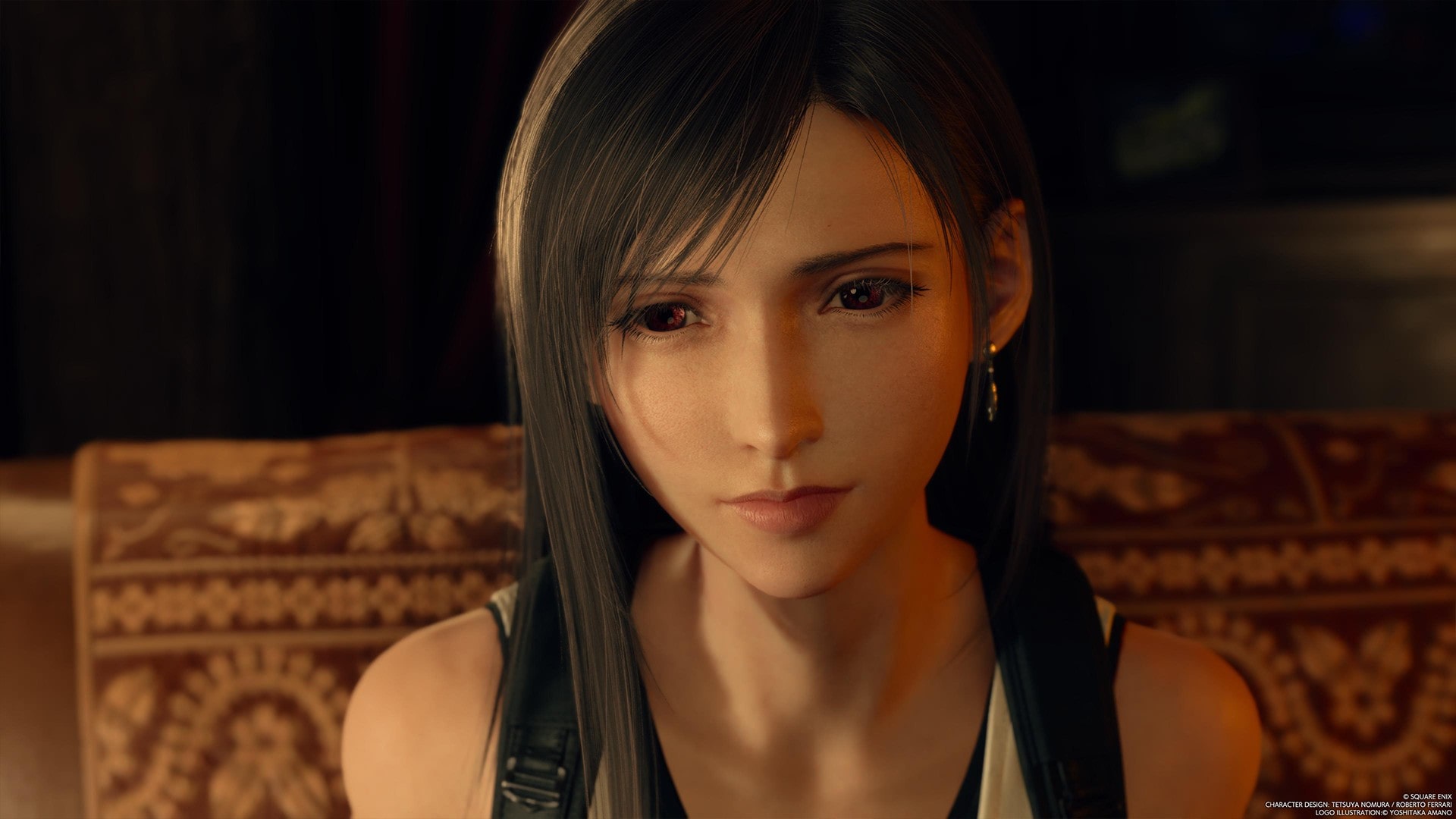
The remastered versions of classic Final Fantasy games offer numerous improvements that enhance ease of play compared to the original releases. Features such as quick saves allow players to save their progress at any moment during gameplay, making the experience more convenient and less stressful. Additionally, updated 2D pixel graphics and rearranged soundtracks ensure that these remakes retain the charm of the original games while providing a modern touch.
The FINAL FANTASY I-VI Bundle, which includes all six games from FINAL FANTASY 1 to 6 along with soundtracks and wallpapers, is a testament to the series’ enduring appeal. These remakes and remasters not only preserve the legacy of the original games but also make them accessible to new generations of players.
Game Settings and Customization
Customization is a key aspect of the Final Fantasy series, allowing players to tailor their experience to their preferences. Players can modify characters’ appearances, abilities, and even difficulty levels to suit their gameplay style.
Accessibility settings, such as adjustable HUD elements and control schemes, ensure that the games are inclusive and enjoyable for all players.
Improved Gameplay Features
Recent Final Fantasy titles have introduced several improved gameplay features that enhance the overall experience. Players can now select a difficulty mode that automatically equips rings to simplify combat mechanics, allowing for automatic dodging and easier execution of complex moves. This feature is particularly beneficial for players who may struggle with traditional gameplay mechanics.
Additionally, the immediate use of experience points for ability unlocking offers a more streamlined progression system compared to traditional leveling. These improved gameplay features ensure that Final Fantasy games remain accessible and enjoyable for both new and seasoned players.
Community and Legacy
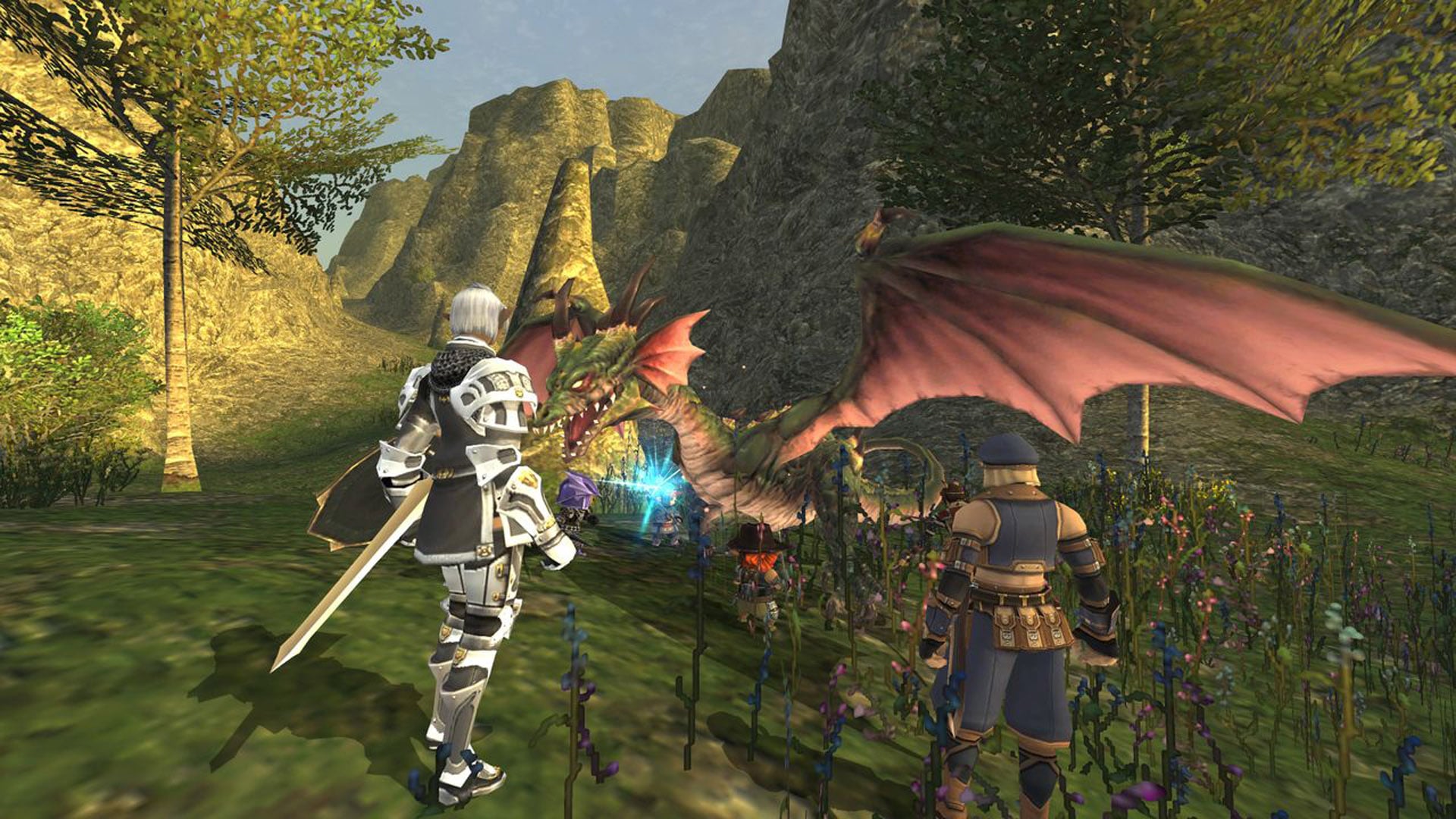
The legacy of Final Fantasy extends far beyond the games themselves, with a vibrant community and enduring cultural impact. The merger of Square Co., Ltd. and Enix Corporation to form Square Enix Holdings has played a significant role in this legacy. The series has sold over 164 million copies worldwide, solidifying its place as one of the best-selling video game franchises of all time.
Merger of Square Co., Ltd. and Enix Corporation to form Square Enix
Square Enix Holdings was created as a result of a merger between two major Japanese video game companies, Square Co., Ltd. and Enix Corporation. The merger, which was announced in November 2002 and completed in April 2003, aimed to consolidate the strengths of both companies to better compete in the rapidly evolving video game industry, with Square at the time being renowned for Final Fantasy, and Enix being known for Dragon Quest.
Fanbase and Cultural Impact
The Final Fantasy series has amassed a diverse global fanbase, crossing cultural and linguistic barriers to unite players from all walks of life. Fan conventions, cosplay events, and community gatherings like the Final Fantasy Fan Festival are testament to the series’ enduring popularity.
The compelling narratives and memorable characters have inspired countless creators across various forms of media, further cementing the series’ cultural impact.
Merchandise and Media
Final Fantasy’s influence extends beyond video games, with a wide range of merchandise and media adaptations that expand the franchise’s reach. From action figures and collectibles to clothing and themed accessories, fans can immerse themselves in the world of Final Fantasy in numerous ways. Popular merchandise items include plush toys of iconic characters like Chocobos, Cloud Strife, and Moogles, which are beloved by fans of all ages.
The series has also inspired several media adaptations, including animated films, CGI movies, and even a live-action series. Collaborations with other franchises, such as Kingdom Hearts and Super Smash Bros, have introduced Final Fantasy characters to new audiences, further expanding its influence.
Events like the annual Final Fantasy Fan Festival celebrate the community and collaborations, showcasing the series’ enduring appeal.
Future of the Series
The future of Final Fantasy looks bright, with speculation about the next mainline title and potential sequels to recent games like Final Fantasy XVI. The inclusion of more action-oriented mechanics suggests that future titles may continue to evolve beyond traditional RPG formats, offering new and exciting gameplay experiences.
With the rise of cloud gaming and digital distribution, the series is poised to embrace more experimental storytelling and gameplay styles, ensuring that Final Fantasy remains at the forefront of the gaming industry.
Summary
In summary, the Final Fantasy series has captivated players for decades with its rich evolution, iconic characters, innovative gameplay mechanics, stunning visuals, and unforgettable soundtracks. From the original game to the latest entries, each title offers a unique journey that resonates with players around the world. Whether you’re a long-time fan or new to the series, there’s never been a better time to dive into the fantastical worlds of Final Fantasy. So grab your sword, summon your magic, and embark on an adventure that will stay with you forever.
Frequently Asked Questions
What is the best order to play Final Fantasy games?
There isn't a strict order required for playing Final Fantasy games as each mainline game has its own standalone story. However, a popular recommendation for new players is to start with the most critically acclaimed titles such as Final Fantasy VII, Final Fantasy X, and Final Fantasy XV to get a feel for the series' evolution over time.
What are the essential Final Fantasy games?
The essential Final Fantasy games include:
- Final Fantasy VII: Known for its groundbreaking graphics and deep narrative.
- Final Fantasy X: Celebrated for its story and the first in the series to feature voice acting.
- Final Fantasy VI: Praised for its character development and storytelling.
- Final Fantasy XIV: A Realm Reborn: Renowned for its successful transformation into one of the best MMOs.
- Final Fantasy XV: Notable for its open-world design and modern action RPG mechanics.
How should I start playing Final Fantasy?
New players should consider starting with Final Fantasy VII or Final Fantasy X, as these games offer some of the best storylines and gameplay experiences in the series. They are also good entry points due to their availability on modern platforms and enhanced graphics in their remastered versions.
What is the best entry game for Final Fantasy?
Final Fantasy X is often recommended as the best entry game due to its engaging story, straightforward gameplay mechanics, and updated graphics in the HD remaster. It provides a good balance of traditional and modern elements of the series.
Is it necessary to play Final Fantasy in order?
No, it is not necessary to play Final Fantasy games in order. Each mainline game has its own independent story and characters, so players can start with any title without needing to play previous games.
Does it matter what Final Fantasy game you start with?
While it doesn't matter which game you start with, it is often suggested to begin with one of the more acclaimed titles like Final Fantasy VII, Final Fantasy X, or Final Fantasy XV to get a strong first impression of the series.
What is considered the best Final Fantasy game of all time?
Based on sales and critical acclaim, Final Fantasy VII is often considered the best Final Fantasy game of all time. It revolutionized the RPG genre with its 3D graphics and complex story, and has sold over 14.1 million units.
What Final Fantasy game has the best story?
Final Fantasy VII is frequently cited as having the best story due to its intricate plot, well-developed characters, and emotional depth. Final Fantasy VI is also highly regarded for its character-driven narrative and impactful storytelling.
Are all the Final Fantasy games connected?
The mainline Final Fantasy games are generally not connected and each game has its own unique world, characters, and story. However, there are thematic similarities and recurring elements such as certain spells, creatures, and character names.
What are the best Final Fantasy games based on sales as of August 2024?
The top-selling Final Fantasy games as of August 2024 are:
- Final Fantasy X: Over 21.1 million units sold
- Final Fantasy VII: Over 14.1 million units sold
- Final Fantasy XV: Over 10 million units sold
- Final Fantasy XIV: Over 24 million registered players
- Final Fantasy VIII: Over 9.6 million units sold
Related Gaming News
BLEACH: Rebirth of Souls Officially Announced, Fans ExcitedAnticipated PC Release for Final Fantasy 16 Might Be Imminent
Useful Links
Final Fantasy XIV EBB and Aetherflow: A Comprehensive GuideMastering Final Fantasy XIV (FFXIV): A Comprehensive Guide to Eorzea
How to Find and Hire the Best Voice Actors for Your Project
Get the Latest PS5 News for 2023: Games, Rumors, Reviews & More
Next-Level Gaming Trends: What's Shaping the Future of Play
PlayStation Gaming Universe in 2023: Reviews, Tips and News
Unveiling the Future of Final Fantasy 7 Rebirth
Author Details
Mazen (Mithrie) Turkmani
I have been creating gaming content since August 2013, and went full-time in 2018. Since then, I have published hundreds of gaming news videos and articles. I have had a passion for gaming for more than 30 years!
Ownership and Funding
Mithrie.com is a Gaming News website owned and operated by Mazen Turkmani. I am an independent individual and not part of any company or entity.
Advertising
Mithrie.com does not have any advertising or sponsorships at this time for this website. The website may enable Google Adsense in the future. Mithrie.com is not affiliated with Google or any other news organization.
Use of Automated Content
Mithrie.com uses AI tools such as ChatGPT and Google Gemini to increase the length of articles for further readablity. The news itself is kept accurate by manual review from Mazen Turkmani.
News Selection and Presentation
The news stories on Mithrie.com are selected by me based on their relevance to the gaming community. I strive to present the news in a fair and unbiased manner.

